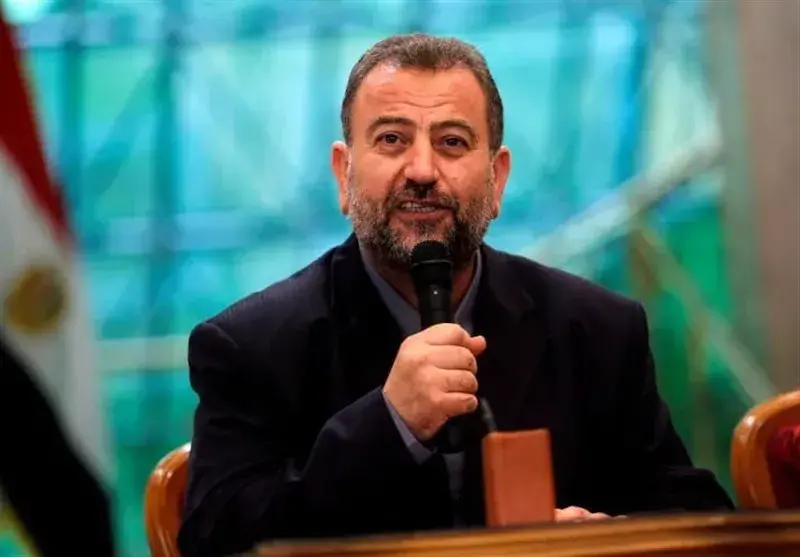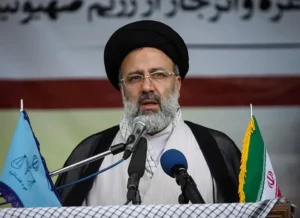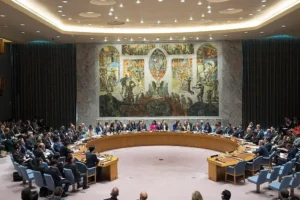Beirut pays tribute to Hamas Deputy Leader Saleh al-Arouri, killed in Israeli attack, amid warnings to Israel from Hezbolla’s leader Hassan Nasrallah

The Lebanese capital, Beirut, witnessed a massive funeral procession for Saleh al-Arouri, the deputy leader of Hamas, who was killed in an attack in Beirut two days ago.
Thousands of mourners carried his portrait and waved flags of Palestine and Hamas as they marched through the streets, accompanied by music, prayers and gunshots.
Al-Arouri was a prominent member of the Izzedine al-Qassam Brigades, the military wing of Hamas, and a trusted associate of Ismail Haniyeh, the Hamas chief.
The funeral was broadcast on TV across Lebanon, where people wondered about the implications of the assassination for their country.
The killing of al-Arouri was a setback for Hamas, but also for its ally Hezbollah, the powerful Lebanese movement backed by Iran, as it occurred in Dahiyeh, a city suburb that is a bastion for the group.
The attention is now on what Hassan Nasrallah, the influential leader of Hezbollah, will do next.
He spoke to his supporters less than a day after the attack, in a speech that was planned to honour the Iranian commander Qassem Soleimani, who died in a US drone strike four years ago. He did not overlook what had just taken place in his own territory.
Nasrallah, who spoke from a secret location, called al-Arouri’s assassination a “blatant Israeli aggression” that would not be ignored. “If the enemy thinks of launching a war against Lebanon, our fight will have no limits or rules,” he said.
However, he did not openly threaten to attack Israel, which has not admitted or denied any role in the killing, nor did he suggest how Hezbollah might respond.
One of Hezbollah’s goals is the elimination of Israel, which regards the group as a more serious threat than Hamas. Hezbollah has a huge stockpile of weapons including precision-guided missiles that can reach far into Israeli territory, as well as tens of thousands of well-trained, experienced fighters.
Since the outbreak of the Israel-Hamas war in October, Hezbollah has been targeting positions in northern Israel almost daily, calling the actions its support for the Palestinian group. The Israeli military has hit back, but so far, the violence has been mostly confined to areas along the Lebanon-Israel border.
Hezbollah has measured its actions to avoid a full-scale war with Israel, and there is no sign this strategy is likely to change. Many here still recall the devastation caused by the month-long war between Israel and Hezbollah in 2006, and with Lebanon facing a severe economic crisis, there is hardly any public backing for any military confrontation.
Israeli authorities have cautioned Hezbollah against escalating the conflict. Defence Minister Yoav Gallant has previously said Israel’s military could do to Beirut what it had done to Gaza. Some senior Israeli officials have favoured more action against the group to remove the threat to northern communities, evacuated amid Hezbollah’s constant attacks.
Nasrallah is expected to speak to his supporters again on Friday. His recent speech may indicate that for some reason, he wants to steer clear of provoking a bigger conflict with Israel. However, he needs to appear to be reacting to the attack in Beirut. But any action is likely to be adjusted to avoid harsh retaliation from Israel.







